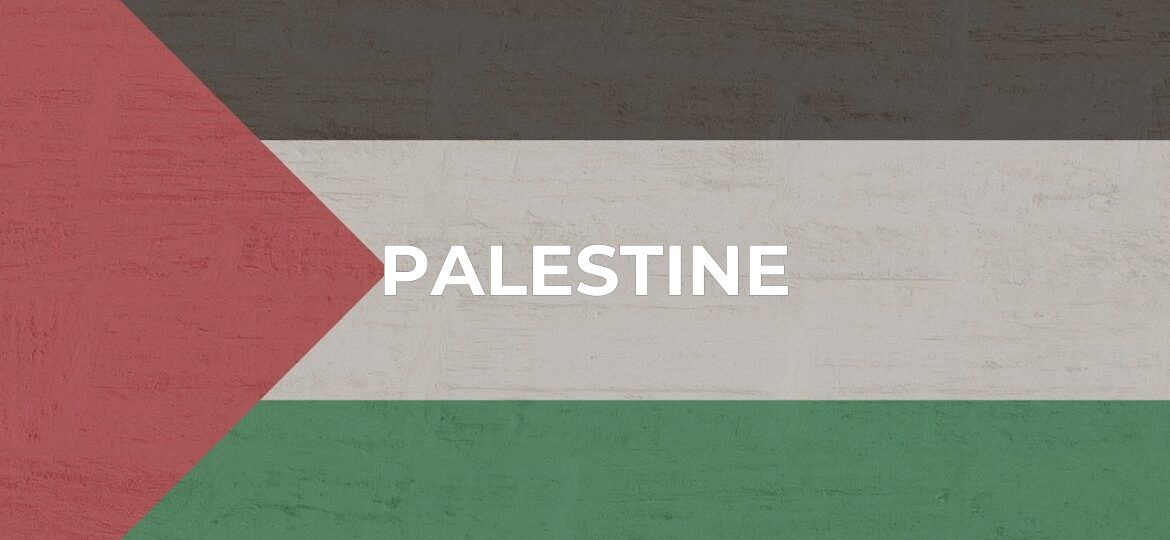
In early October 2025, Israeli naval forces intercepted two civilian-led humanitarian flotillas, the Global Sumud Flotilla (GSF) and the Thousand Madleens to Gaza — in international waters, in what observers have condemned as a serious breach of maritime and international law.
The Global Sumud Flotilla, composed of over 20 vessels and more than 500 participants from 45 countries, included human rights defenders, parliamentarians, journalists, and medical professionals. Its mission was to deliver humanitarian aid and medical supplies to Gaza, and to call for the establishment of safe corridors for humanitarian access. On the night of 1–2 October, Israeli forces seized the flotilla and detained hundreds of participants, who were transferred to the port of Ashdod. While most were later released, some remain in custody, including two vice-presidents of the International Federation for Human Rights (FIDH).
Prior to the interception, flotilla members reported a series of security incidents, including drone attacks that caused fires and material damage to several vessels between 8 September and 24 September, in Tunisian and Greek waters. Organisers condemned these as acts of intimidation against a peaceful, humanitarian initiative.
Just days later, on 7–8 October, Israeli naval units intercepted the Thousand Madleens to Gaza flotilla, including the boat Conscience, which carried peace activists and at least 19 international journalists. According to Reporters Without Borders (RSF), several of these journalists were detained and two reported being subjected to violence and mistreatment that defy international law. RSF denounced these actions as part of a broader pattern of attacks on press freedom, noting that over 210 journalists have been killed in Gaza since the start of Israel’s assault and that foreign correspondents remain barred from entering the territory.
“The arrest of the journalists aboard the flotilla was already a blatant violation of the right to reliable information,” said RSF. “The mistreatment, including violence, they were subjected to is unacceptable. Israeli authorities must protect these reporters and all Palestinian journalists, and immediately open the Gaza Strip to international media.”
Since their arrest, no direct contact has been established between the detained journalists, their newsrooms, or their families. It is now more than ever necessary to call for their immediate release and for the protection of all media workers and humanitarian actors operating in connection with Gaza.
These incidents underscore the increasing risks faced by humanitarian and human rights missions attempting to deliver assistance or bear witness to conditions in Gaza, where over 63,000 Palestinians have been killed in the past 23 months and where access to basic services remains severely restricted.


